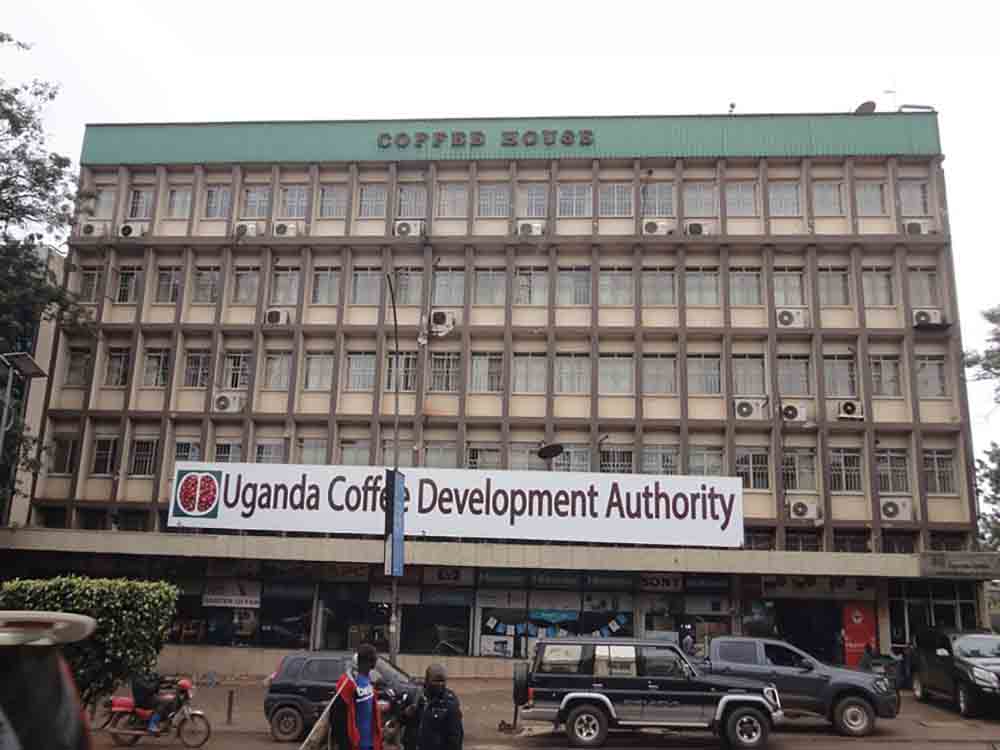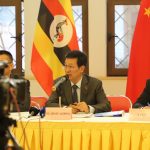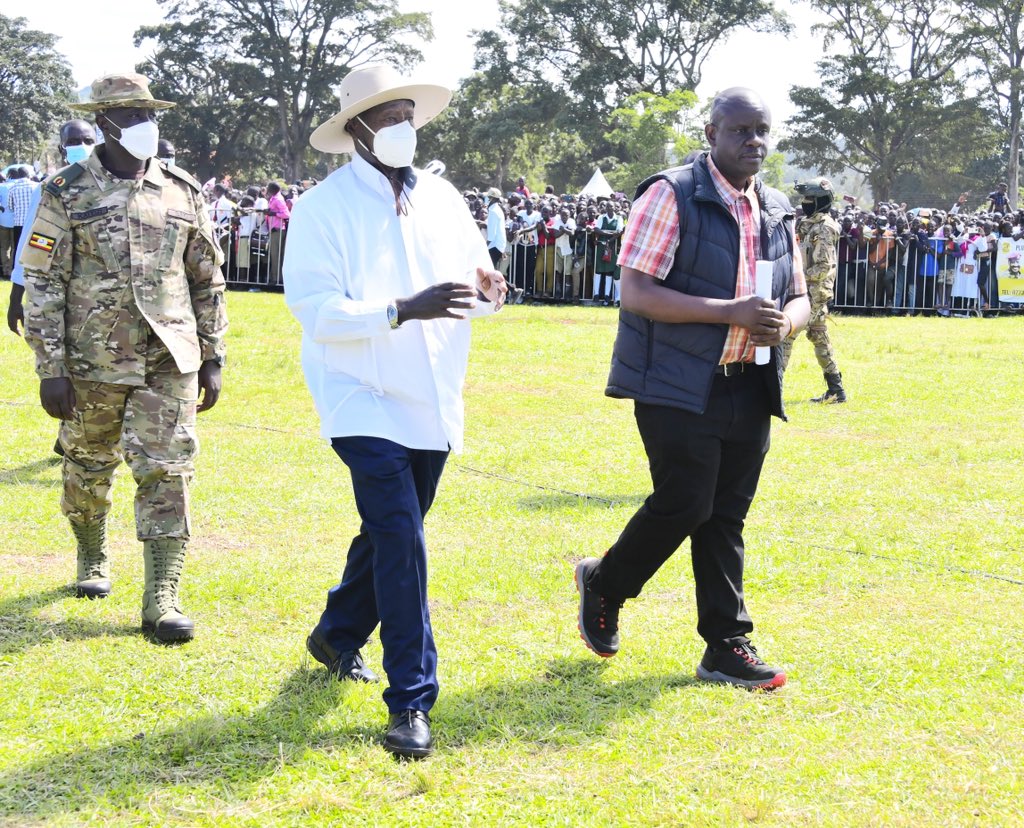(Kampala) – President Yoweri Museveni has reaffirmed his commitment to the ongoing rationalization process of government agencies, despite facing significant opposition from various quarters. Speaking during a thanksgiving ceremony for Energy Minister Ruth Nankabirwa in Luweero, Museveni defended his decision to reduce the number of what he called “parasitic” government authorities and agencies. He emphasized that this rationalization is crucial for the country’s development.
Museveni highlighted the financial burden of maintaining numerous government bodies. He noted that as of 2016, there were 3,905 employees across certain government agencies that consumed Shs2.2 trillion. In contrast, he mentioned that the total number of employees in the Ministries was approximately 18,000, along with a significant military presence, all of which cost around Shs2.6 trillion. Furthermore, he pointed out that local government employees, including teachers and health workers, numbered about 192,000 and incurred costs of Shs3.5 trillion. This stark comparison aimed to illustrate that a small number of bureaucrats were expending nearly the same resources as a larger workforce.
Despite these figures, the rationalization plan has not been without controversy. Opposition has emerged, particularly from Members of Parliament and the public, regarding the potential removal of certain key agencies. A prominent example is the Uganda Coffee Development Authority (UCDA), which many argue plays a vital role in boosting Uganda’s coffee exports. In the financial year 2023/24, Uganda exported 6.13 million bags of coffee valued at US$1.144 billion, marking a notable increase in both volume and value from the previous year.
President Museveni has dismissed claims that UCDA is solely responsible for the coffee sector’s success, suggesting that other contributors have been equally important in driving growth. He insisted that the rationalization process would ultimately lead to increased savings that could be redirected to other developmental initiatives.
“Therefore, this standoff must stop. If you want your country to develop, the people you elect must work with the Head of government. We cannot have this permanent paralysis situation,” Museveni stated. He also raised concerns about the Uganda Revenue Authority (URA), suggesting that high salaries for its employees do not necessarily correlate with effective performance, instead leading to increased corruption.
Tensions surrounding the rationalization process have further escalated within Museveni’s own National Resistance Movement (NRM) party. Recently, President Museveni faced criticism for allegedly employing intimidation tactics to advance a controversial coffee bill. During a meeting at his Kisozi residence, many NRM MPs felt excluded from meaningful discussions on the bill’s implications for Ugandan farmers, instead being led on a farm tour. This exclusion left many representatives frustrated, as they believed their duty to voice constituent concerns was undermined.
The president’s subsequent remarks suggested a confrontational approach, stating, “We are going to have a showdown; they are liars and criminals playing with fire.” Such rhetoric has sparked fears of a drift toward autocracy, as critics argue that the president’s stance could stifle dissent and undermine Uganda’s democratic principles.
MPs like James Kaberuka and Richard Lumu have openly criticized Museveni’s tactics, raising questions about the special treatment afforded to UCDA. They have called for greater transparency and accountability in handling the coffee bill, expressing concerns that the president’s heavy-handed methods might alienate voters and deepen political divides.
The NRM is at a critical juncture as the coffee bill approaches a likely vote next week. There is ongoing rift within the party with Museveni’s confrontational stance. Observers are keenly watching to see how the government addresses these concerns and whether MPs will stand up against intimidation or succumb to it.




















